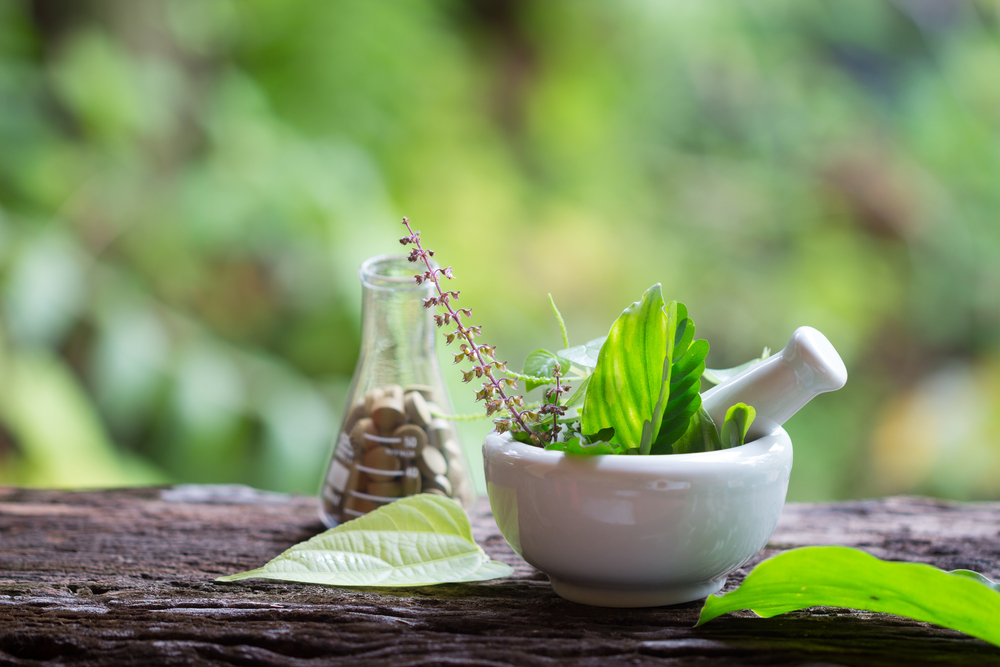Ayurveda, an ancient system of medicine, provides numerous methods for strengthening the immune system and preventing respiratory infections. Here are eight such tips for living a healthy lifestyle.
Immunity is the body’s natural defence mechanism against disease-causing pathogens. A strong immune system can protect us from a wide range of infections, including viral infections such as COVID-19. Ayurveda, the world’s oldest medical system, has numerous benefits for improving immunity and keeping us healthy. In this article, we will look at some Ayurvedic remedies for boosting immunity and preventing respiratory infections.
Immunity is determined by the balance of the three doshas (Vata, Pitta, and Kapha), the quality of the Agni (digestive fire), and the absence of Ama (toxins), according to Ayurveda. It, therefore, suggests the following tips to achieve this balance:
1) Eat healthy food
Ayurveda suggests eating according to body type and season. Cold, processed, heavy, fried, and junk foods should be avoided, and nightshades, white sugar, and flour should be limited. Include immune-boosting herbs and spices in your diet, such as turmeric, ginger, garlic, black pepper, cumin, coriander, and tulsi. Consume green leafy vegetables as well as seasonal fruits such as amla, oranges, and grapes. Lunch should be your main meal of the day, and dinner should be light. Consume food at regular intervals and avoid bingeing or fasting.
2) Have herbal supplements
Ayurveda provides a variety of herbal formulations that can boost immunity and prevent infections. Chyawanprash, Triphala, Ashwagandha, Guduchi, Neem, and Kutki are a few examples. Consult an Ayurvedic practitioner to find out which supplements are best for you. These can then be taken with warm water, milk, or honey.
3) Practice the Pranayama technique
Pranayama is a breathing technique that can improve oxygen supply to cells and organs while also strengthening the respiratory system. Pranayama can also help to calm the mind and reduce stress, which can have an impact on immunity. Anulom Vilom (alternate nostril breathing), Kapalbhati (skull shining breath), Bhastrika (bellows breath), and Bhramari (hummingbee breath) are some pranayama techniques that can boost immunity.
4) Massage the nostrils with oil
Nasya is a treatment that involves applying a few drops of oil to the nostrils to lubricate the nasal passages and prevent infection-causing germs from entering. For this, you can use ghee, sesame oil, or coconut oil. The best time to do Nasya is before leaving the house or taking a bath. Simply place two drops of oil in each nostril and lie down for a few minutes.
5) Drink warm water with spices
Drinking warm water throughout the day can aid in the removal of toxins and keep the throat moist. Warm water can also help with digestion and prevent constipation, which can have an impact on immunity. For added benefits, add lemon, honey, ginger, or mint to your warm water.
6) Perform an oil massage
Abhyanga is a self-massage technique that involves gently massaging the entire body with warm oil. This can help to increase blood circulation, relax muscles, nourish the skin, and stimulate the lymphatic system. Oil massage can also help to reduce stress and anxiety, both of which can impair immunity. Abhyanga can be performed with sesame oil, coconut oil, or mustard oil and is best done in the morning before taking a shower.
7) Practice meditation
Meditation is a practice that can help calm your mind and increase your awareness of the present moment. It can also help to reduce stress, anxiety, depression, and other negative emotions that can impair immunity. Meditation can also boost the production of antibodies and cytokines, which are messengers of the immune system. Every day, for 10 to 20 minutes, preferably in the morning or evening, you can meditate. As a focus for your meditation, you can use a mantra, a breath, or an object.
8) Rest well
Sleep is required for the immune system to function properly. The body repairs and rejuvenates itself while sleeping, as well as producing immune cells and hormones. Sleep deprivation can lower immunity and make us more susceptible to infections. Ayurveda recommends sleeping for at least seven to eight hours every night and sticking to a regular sleep schedule. Before going to bed, avoid caffeine, alcohol, nicotine, and electronic devices, and sleep in a dark, quiet, and comfortable room.
Ayurveda offers many natural and holistic ways to boost our immunity and avoid respiratory infections. We can improve our physical, mental, and emotional well-being and live a healthy and happy life by following these suggestions.






